Are tiny homes a good investment? Yes, it is a good investment, tiny homes are small, compact living spaces that have gained immense popularity in recent years. They are typically less than 400 square feet and are designed to be affordable, environmentally friendly, and highly functional.
Tiny homes are becoming an increasingly attractive investment option for those seeking an alternative way of living. This article will explore the pros and cons of investing in tiny homes, factors to consider before making an investment, and how to invest in them.
Are tiny homes a good investment?
Tiny homes have gained a lot of popularity in recent years as people search for more sustainable and affordable housing options. But as with any investment, the question remains: Are tiny homes a good investment?
The answer to this question is not a simple yes or no. It depends on a variety of factors, including the location of the tiny home, the cost of materials and labor, and the intended use of the tiny home.
One of the biggest advantages of investing in a tiny home is the lower cost. Tiny homes typically cost significantly less than traditional homes, both in terms of the initial purchase price and ongoing maintenance costs.
This can make them an attractive option for those looking to save money or reduce their environmental footprint. However, the location of the tiny home can greatly impact its potential return on investment.
If the tiny home is located in a desirable area with high demand for housing, it could appreciate in value over time. On the other hand, if the tiny home is located in a remote or undesirable area, it may not hold its value as well.
Another factor to consider is the intended use of the tiny home. If it is being used as a primary residence, it may not provide as much potential for investment return as a rental property or vacation home.
In addition, building and zoning codes can also impact the potential investment value of a tiny home. It is important to research the local regulations and ensure that the tiny home is built to code to avoid any legal issues down the line.
Ultimately, whether or not a tiny home is a good investment depends on the specific circumstances of the individual investor. While they can be a great way to save money and reduce environmental impact, it is important to carefully consider all factors before making a purchase.
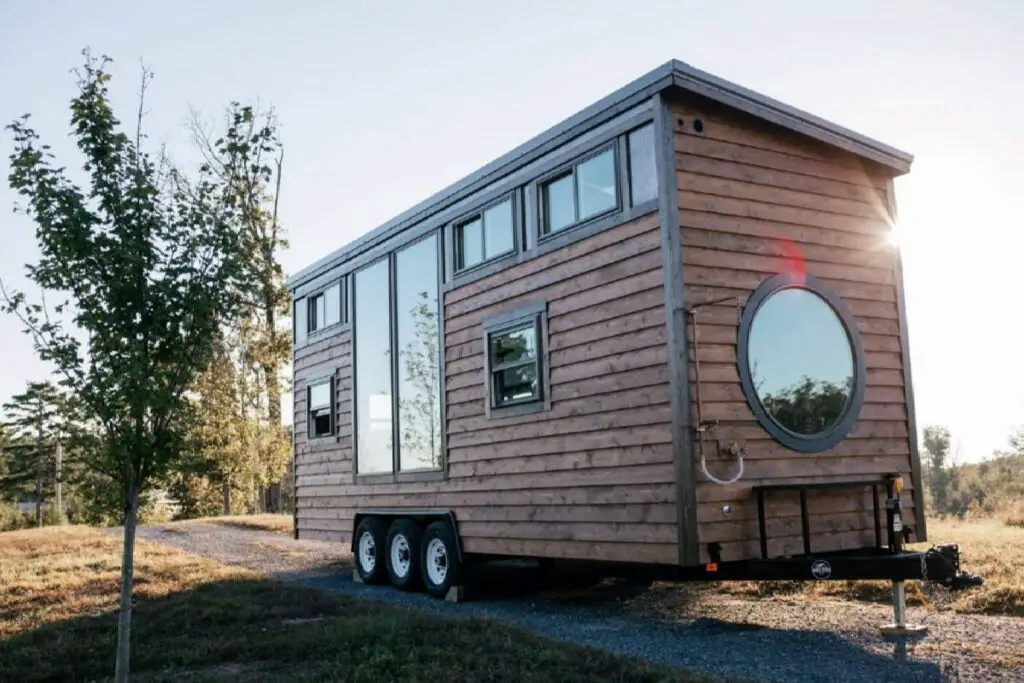
Definition of tiny homes
Tiny homes are compact living spaces that are designed to be highly functional, efficient, and cost-effective. They are typically built on a trailer, making them mobile and easy to transport.
They often feature innovative storage solutions, multi-functional furniture, and space-saving designs that make the most of the limited square footage.
History and origin of tiny homes
The concept of tiny homes dates back to the 1850s when Henry David Thoreau built a 150-square-foot cabin near Walden Pond.
The modern-day tiny home movement began in the 1990s with the publication of Sarah Susanka’s book, “The Not So Big House.” This movement gained momentum after the 2008 financial crisis when people were looking for affordable housing options.
Also see: Tiny House Living Essentials
Popularity and Trend of Tiny Homes
In recent years, tiny homes have become increasingly popular and are considered a trend that is here to stay. The tiny home movement has gained traction due to the desire for affordable housing, environmental sustainability, and the minimalist lifestyle.
Top pick
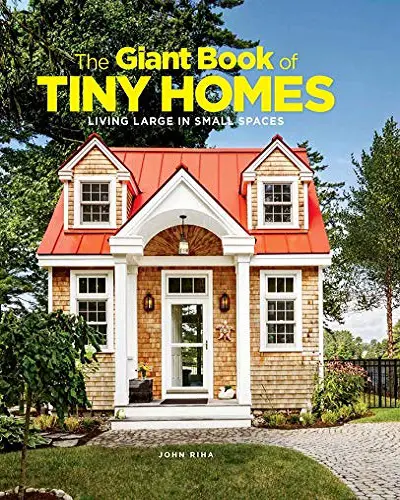
Editor’s choice
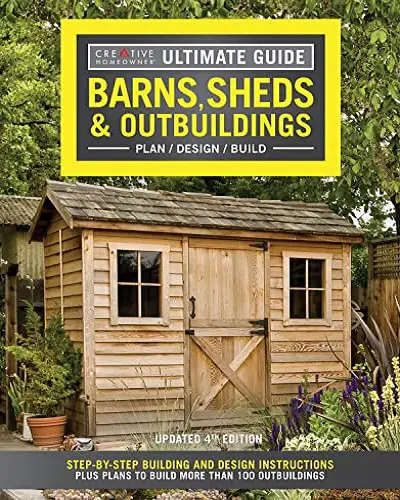
Best value
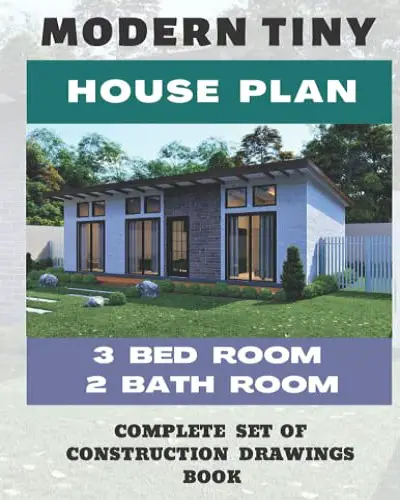
Pros of Investing in Tiny Homes
Affordability and cost-effectiveness
Tiny homes are typically much more affordable than traditional homes. The cost of buying or building a tiny home can be significantly lower than that of a standard home.
Additionally, the maintenance costs and utility bills associated with tiny homes are generally much lower than those of traditional homes.
Mobility and flexibility
One of the significant advantages of investing in a tiny home is its mobility and flexibility. The ability to travel and move the home easily is an attractive feature for those who love to travel or those who live a nomadic lifestyle. Tiny homes can be placed on wheels, making them easy to transport from one location to another.
Environmental Benefits
Tiny homes are considered to be environmentally friendly and sustainable living options. They are typically built with eco-friendly materials and designed to reduce energy consumption. Tiny homes also have a lower carbon footprint compared to traditional homes.
Opportunity for Rental Income
Investing in a tiny home can provide an opportunity for rental income. Many people are attracted to the idea of living in a tiny home as it offers a unique living experience. Investors can rent out their tiny home as a vacation rental or as a long-term rental property.

Cons of investing in tiny homes
Limited Space and Amenities
One of the main drawbacks of investing in a tiny home is the limited space and amenities. Tiny homes are typically less than 400 square feet, which can make them feel cramped and claustrophobic.
Additionally, there may not be enough space for some essential amenities such as a washer and dryer or a full-sized kitchen.
Potential for Overcrowding and Lack of Privacy
Another significant disadvantage of tiny homes is the potential for overcrowding and a lack of privacy. Since tiny homes are typically small, there may not be enough room for multiple people to live comfortably.
Additionally, there may not be enough space to entertain guests or to have privacy.
Challenges with storage and organization
Tiny homes can present challenges when it comes to storage and organization. Due to the limited space, it can be challenging to find storage solutions that work efficiently. It can also be difficult to keep the home organized and clutter-free.
Limited or no outdoor space
Another significant disadvantage of tiny homes is the limited or no outdoor space. Tiny homes are often placed on a trailer or a small plot of land, which may not offer much outdoor space.
This can be a disadvantage for those who enjoy spending time outside or who have pets.
Regulatory and zoning issues
One of the biggest challenges of investing in a tiny home is navigating the regulatory and zoning issues. Many cities and towns have strict zoning laws and building codes that can make it difficult to find a suitable location for a tiny home.
Additionally, there may be legal requirements for the size of the home, the type of foundation it is built on, and the utilities that are available.
Resale and appreciation value
Tiny homes may not appreciate in value over time like traditional homes. Due to the limited market for tiny homes and the fact that they are not always considered permanent structures, it can be challenging to resell a tiny home for a profit.
Also see: Trailer For Tiny House
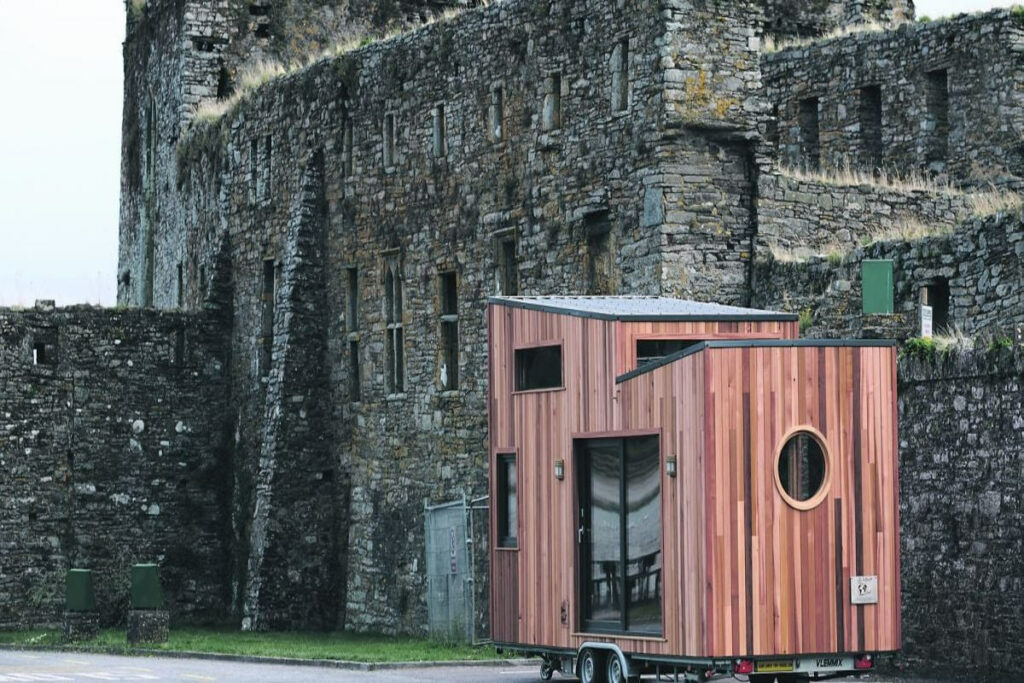
Factors to consider before investing in tiny homes
Personal lifestyle and needs
Before investing in a tiny home, it is essential to consider your personal lifestyle and needs. Tiny homes are best suited for single individuals or small families who are looking for a simpler, more minimalist lifestyle.
They may not be the best option for those who require a lot of space or have specific needs such as a home office or a large kitchen.
Financial considerations
It is also essential to consider the financial aspects of investing in a tiny home. While they can be more affordable than traditional homes, they still require a significant investment.
It is important to budget for the cost of buying or building the home, as well as the ongoing maintenance costs.
Legal and regulatory compliance
Before investing in a tiny home, it is crucial to research the legal and regulatory requirements in your area. Zoning laws and building codes can vary from city to city, and it is important to ensure that you are complying with all regulations.
Market and demand analysis
Investors should also research the tiny home market and demand in their area. It is important to understand the potential for resale and rental income before making an investment.
Top pick
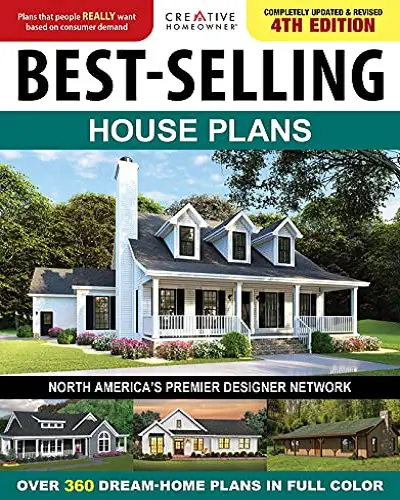
Editor’s choice
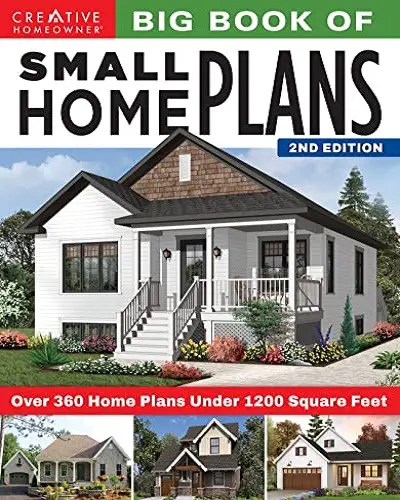
Best value
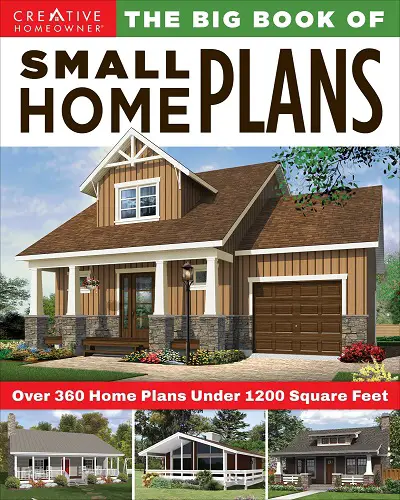
How to invest in tiny homes
Buying a pre-built tiny home
One option for investing in a tiny home is to buy a pre-built home. This can be a good option for those who are new to the tiny home movement and want a turn-key solution. However, it is essential to research and select a suitable home that meets your needs.
Building a custom tiny home
Another option for investing in a tiny home is to build a custom home. This can be a good option for those who have specific design requirements or who want to customize their home to their needs.
However, building a custom home can be more time-consuming and expensive than buying a pre-built home.
Renting out a tiny home
Investors can also consider renting out their tiny home as a vacation rental or a long-term rental property. However, it is essential to understand the marketing and management requirements for rental properties.
Also see: Can Tiny Homes Have Basements?
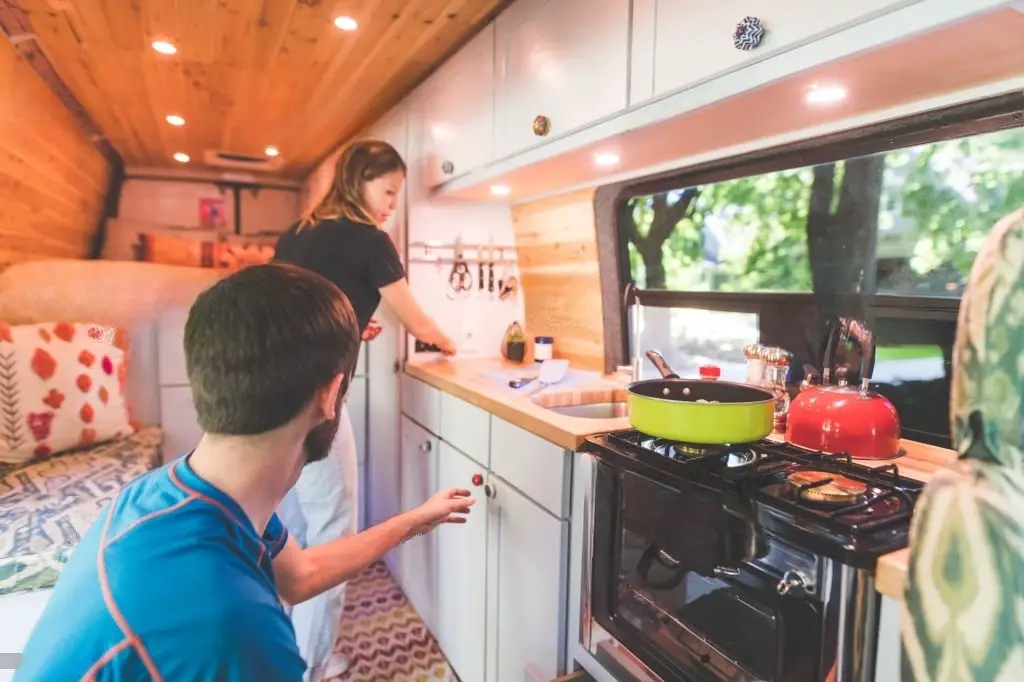
FAQ
1. What is a tiny home and what are the benefits of investing in one?
A tiny home is a compact, efficient, and affordable dwelling with lower cost, eco-friendliness, and mobility as key benefits of investing in one.
2. How much does it cost to invest in a tiny home, and what is the return on investment?
Tiny home investment costs vary, but average around $50,000 with a ROI of 10-15% depending on location, condition, and other factors.
3. What are some of the potential drawbacks of investing in a tiny home, and how can they be mitigated?
Tiny homes may have limited space, mobility issues, zoning restrictions, high upfront costs. Mitigation: research zoning laws, carefully plan space, consider alternative financing options.
4. What are the zoning laws and regulations around tiny homes, and how do they vary by location?
Zoning laws for tiny homes vary by location, but usually regulate size, placement, and building standards.
5. What resources are available for those interested in investing in tiny homes, and how can one get started with their own tiny home?
Online guides, books, consultants, tiny home builders, real estate agents, and joining tiny home communities are resources for investing in tiny homes. Start by researching and defining your needs, budget, and desired location.
Conclusion
Investing in a tiny home can be a good option for those who are looking for an affordable, sustainable, and minimalist lifestyle. However, it is essential to consider the pros and cons before making an investment.
Factors to consider include personal lifestyle and needs, financial considerations, legal and regulatory compliance, and market and demand analysis.
There are several options for investing in tiny homes, including buying a pre-built home, building a custom home, and renting out a tiny home.
Ultimately, it is essential to do your research and select an option that meets your needs and fits your budget.
Also see: Tiny House You Can Tow


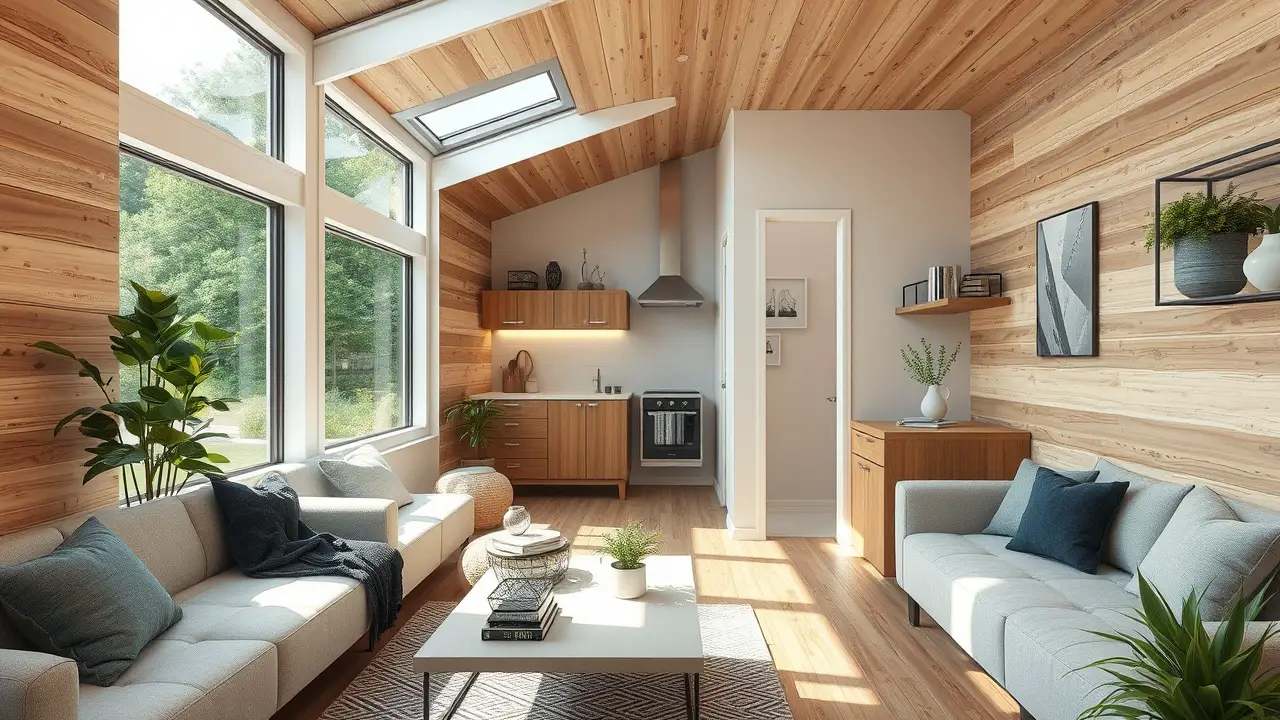
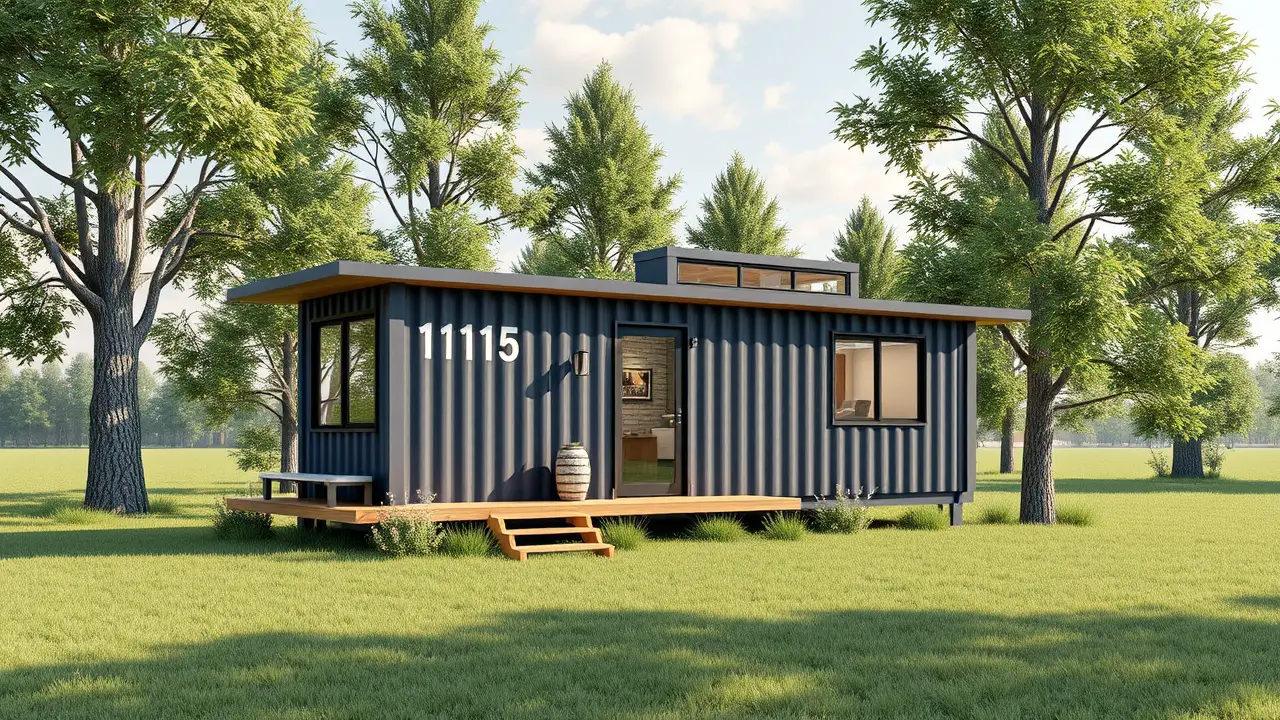
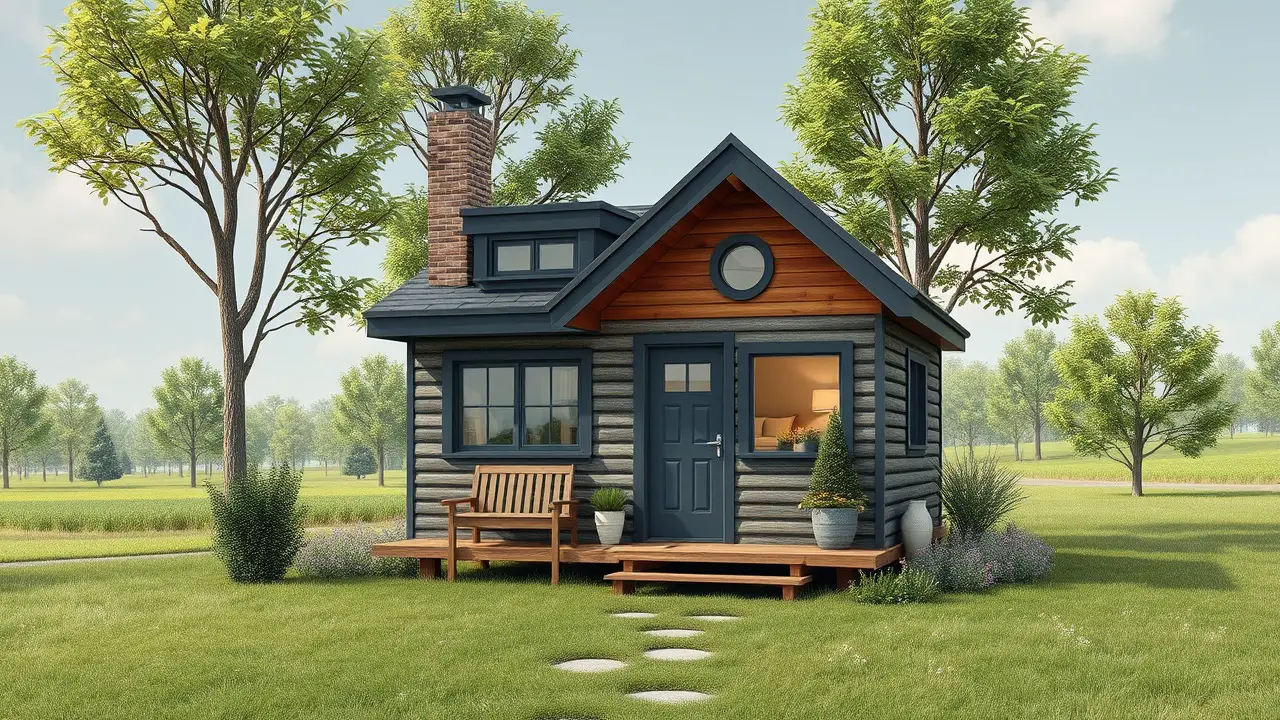
Leave a Reply